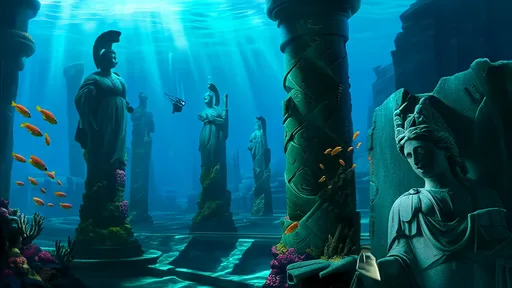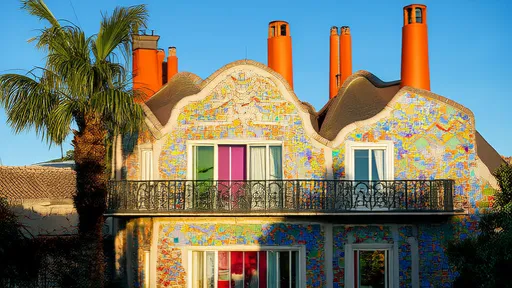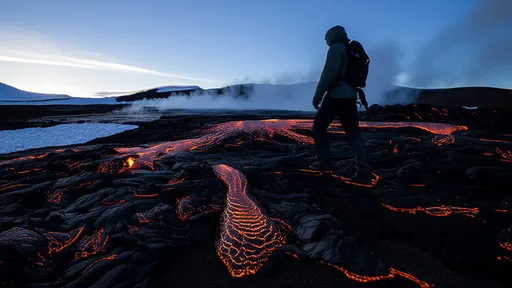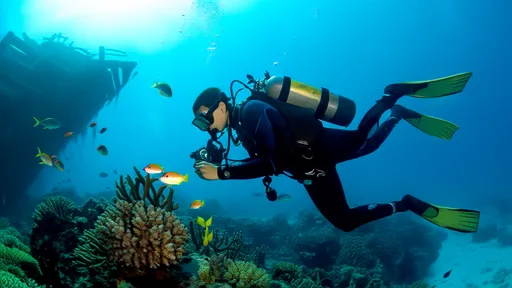For years, Nha Trang has been the go-to destination for divers exploring Vietnam’s underwater wonders. Its vibrant coral reefs, diverse marine life, and established dive centers made it a favorite among both beginners and experienced divers. But as travel trends shift and new hotspots emerge, whispers are growing louder: Nha Trang is losing its crown. The new star on the block? Phu Quoc Island, a tropical paradise rapidly gaining recognition as the country’s premier diving destination.
The appeal of Nha Trang is undeniable. Its warm waters, accessible dive sites, and bustling nightlife have long attracted tourists. Yet, overdevelopment and the inevitable wear and tear of mass tourism have taken their toll. Coral bleaching, pollution, and overcrowded dive sites have left many wondering if the glory days of Nha Trang’s diving scene are behind it. Meanwhile, Phu Quoc, with its pristine waters and relatively untouched reefs, is stepping into the spotlight.
Phu Quoc’s rise as a diving haven isn’t just about escaping the crowds—it’s about discovering an underwater world that feels refreshingly wild. The island’s southern and western coasts are home to some of the healthiest coral systems in Vietnam. Dive sites like An Thoi Archipelago and Pineapple Island boast visibility that often exceeds 30 meters, revealing a kaleidoscope of marine life. From parrotfish and barracudas to elusive seahorses and even the occasional whale shark, Phu Quoc’s waters are teeming with biodiversity.
What truly sets Phu Quoc apart is its sense of discovery. Unlike Nha Trang, where dive sites have been mapped and frequented for decades, Phu Quoc still feels like a frontier. New sites are being explored, and the reefs, spared from heavy human impact, are in remarkable condition. For divers seeking adventure, this is a rare opportunity to explore waters that haven’t been overrun by tourists or degraded by careless practices.
Beyond the reefs, Phu Quoc offers a different kind of escape. While Nha Trang is a bustling city with a lively party scene, Phu Quoc remains more laid-back. Think beachfront bungalows, hammocks swaying in the ocean breeze, and seafood feasts under the stars. The island’s slower pace complements its underwater appeal—it’s a place where divers can immerse themselves in nature without the distractions of a tourist-heavy urban environment.
Of course, Nha Trang still has its defenders. Some argue that its infrastructure, with numerous dive schools and well-established operators, makes it a more convenient choice, especially for beginners. The city’s nightlife and dining options also cater to those who want more than just diving. But for travelers who prioritize unspoiled marine environments and a quieter, more intimate experience, Phu Quoc is increasingly the answer.
The shift from Nha Trang to Phu Quoc reflects a broader trend in travel—one where authenticity and sustainability matter more than ever. Divers today aren’t just looking for a quick underwater thrill; they want to know their presence isn’t harming the ecosystems they’ve come to admire. Phu Quoc, with its commitment to eco-tourism and marine conservation, aligns perfectly with these values.
So, is Nha Trang truly outdated? Not entirely. It still has its charms and will likely remain a popular destination for certain types of travelers. But for those in search of Vietnam’s next great diving adventure, Phu Quoc is undeniably the new frontier. With its untouched reefs, crystal-clear waters, and a sense of untouched beauty, it’s no wonder that divers are calling it the country’s new underwater paradise.

By /Jul 8, 2025

By /Jul 8, 2025

By /Jul 8, 2025

By /Jul 8, 2025

By /Jul 8, 2025

By /Jul 8, 2025

By /Jul 4, 2025

By /Jul 4, 2025

By /Jul 4, 2025

By /Jul 4, 2025

By /Jul 4, 2025

By /Jul 4, 2025

By /Jul 4, 2025

By /Jul 4, 2025

By /Jul 4, 2025

By /Jul 4, 2025

By /Jul 4, 2025

By /Jul 4, 2025

By /Jul 4, 2025

By /Jul 3, 2025